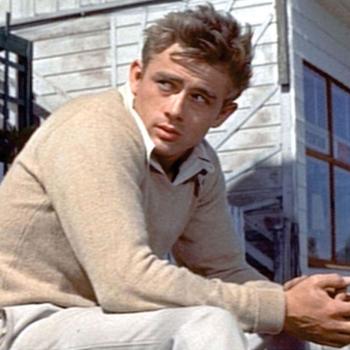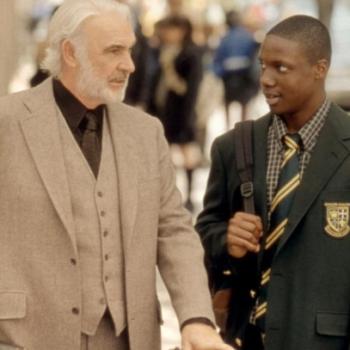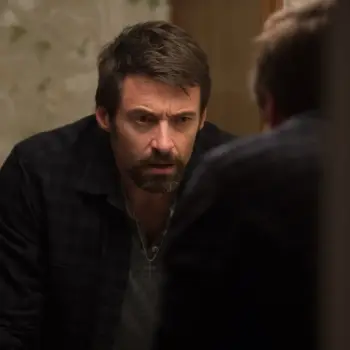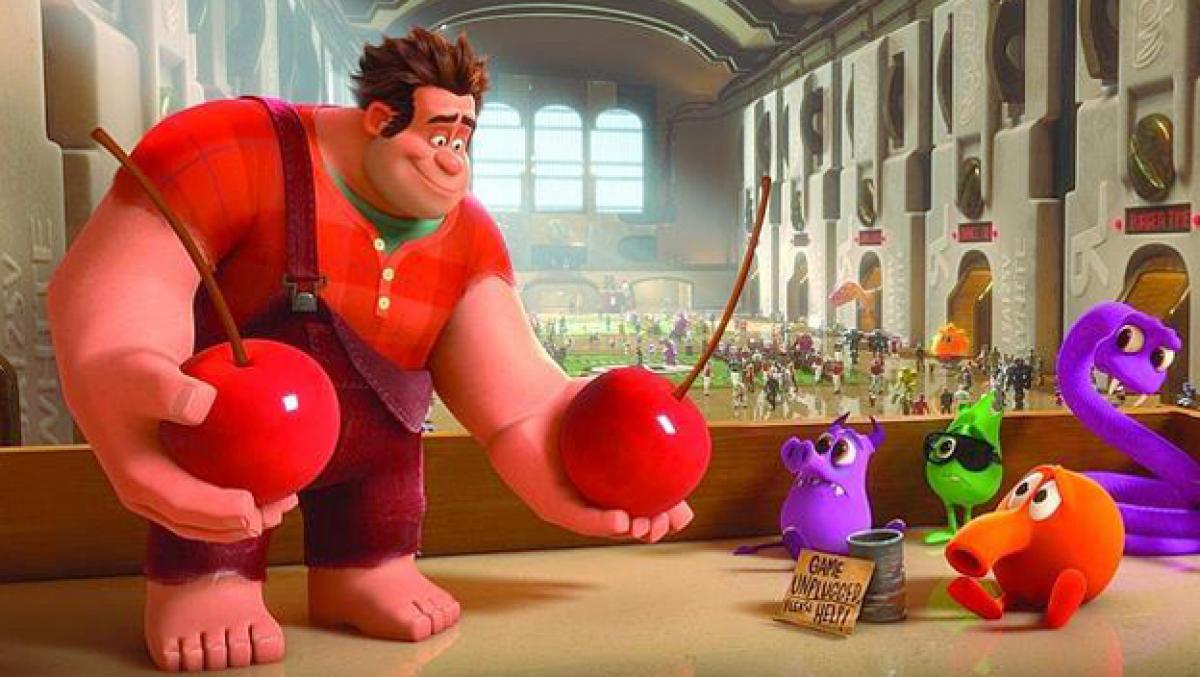
I’m always impressed at how film can so quickly get you curious about things you are not necessarily familiar with. I think I’ve been in an arcade maybe three times in my life, but I really like Disney’s Wreck-it Ralph.
The film sees the titular Wreck-it Ralph living in an arcade game where his purpose is to be the bad guy. The monster. The thing civilians toss off the roof at the very end after the good guy saves the day. This is all a part that Ralph plays, and it is an essential role within the system he occupies–if Ralph does not come in and break things, his counterpart, Fix-it Felix cannot perform his heroic duties, and the game is nullified. But even with that all on the table, Ralph is still regularly dismissed both within his own game and the arcade at large. Ralph, in other words, lives with absolutely no external validation, which really isn’t fair.
This sets Ralph up with what seems like a clear character arc: how do I get these people to respect me? How do I make my life better? The first five minutes present Ralph with a really stern idea that “We can’t change who we are,” and it never really disproves that theorem. But neither does it pretend that Ralph’s station is not unfair or imagine that he cannot aspire for a better life.
Ralph’s initial approach has him trying to change things by making things better for himself–focusing on how others treat him and his own happiness. That gets him a single medal, a token of his goodness that he is certain no one can refute. But the audience quickly gets the sense that this somehow won’t cut it. Ralph will catch onto the idea too. Eventually. He has to crash into a few more things before he gets wise.
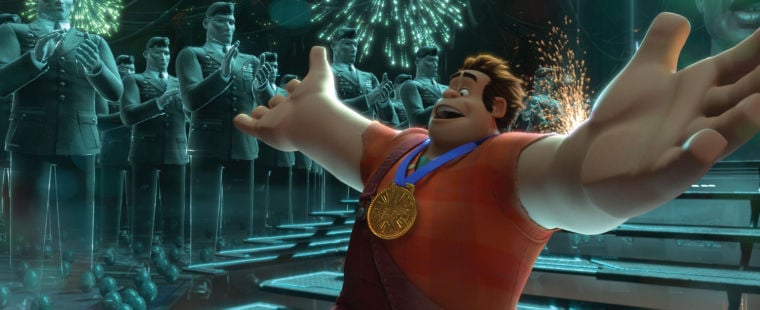
A key agent in Ralph’s revelation is seeing firsthand that there are others who are in even worse scrapes than he is. In this story, that’s Vanellope von Schweetz, a glitch stuck in the go-cart game who is holding Ralph’s medal hostage. Turns out this sugary little brat knows just how he feels as an outcast. Only Vanellope’s not just sidelined, she is actively targeted in her community for her differences.
As is often the case in these kinds of stories, Ralph starts out helping Vanellope because there’s some kind of extrinsic pay-off (re: this will get me back my medal). But as circumstances force them to get to know each other better, Ralph starts to sympathize with Vanellope, in large part owing to their shared status as outcasts, and they become friends. Before long, Ralph is helping out Vanellope because he sees someone in need, and this is where that thing called heroism really starts to manifest itself in Ralph.
The film’s final crisis sees Ralph helping Vanellope in the qualifying race. In a somewhat rare move for a hero’s journey, Ralph’s initial motivation (the medal, or really any hope for a better life in his native game) is entirely out of mind by this point. Ralph’s sole purpose in the third act is help correct the flaws in the system that is subjugating Vanellope. From a screenwriting perspective, this kind of thing can make your story feel meandering or unfocused, but in this story, that shift is a natural progression of not only the narrative events, but also the ideas that Ralph must internalize. Ralph’s life will not ultimately be affected by the outcome of Vanellope’s race, but Vanellope’s life will. And because Ralph is, and always has been, a hero at heart, he does everything he can to get Vanellope across that finish line.
Worth noting: there is a reckoning within Ralph’s community where the other figures in his game realize that they depend on what Ralph brings to their ecosystem, and after Felix gets a taste for what it means to be rejected, he is in a better position to sympathize with Ralph, which in turn helps him know how to advocate for him. We can imagine that Ralph will at least be invited to a few more block parties from here on out, but we understand that this isn’t really what will bring Ralph long-term happiness or peace of mind. Or lives would probably all be easier if everyone treated us like a hero instead of a bad guy, but we can’t hand our happiness to others. Lasting happiness comes when you make the world a better place for other outcasts, and that’s always in reach.
This all to say … that Mario movie was really nice, but when does Bowser get his own film?





